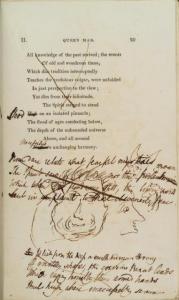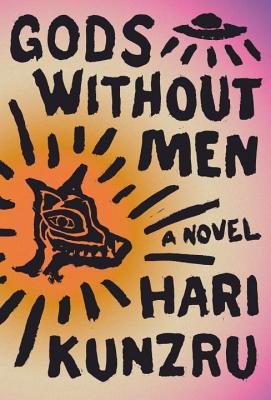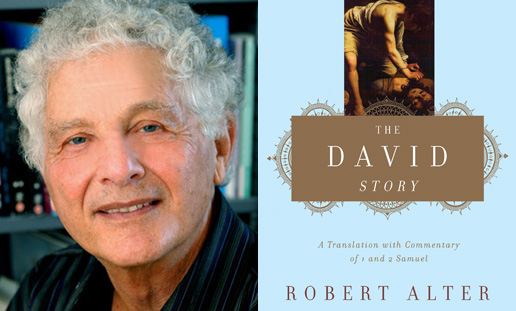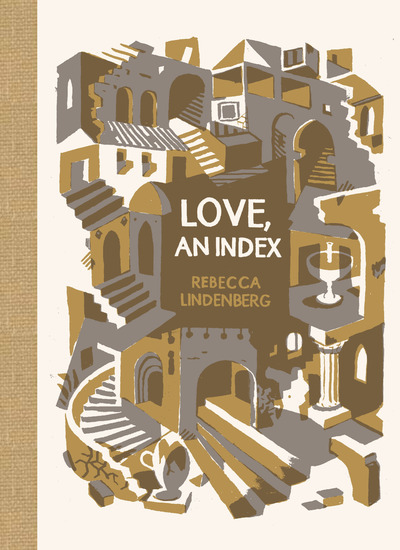Guest Post: This post was written by freelance, professional writer and researcher, Imogen Reed.
Creativity Flows Like Gin
Writing and Alcohol. They can’t live with each other; they can’t live without each other. If you take a cursory glance along your bookshelf right this moment you’ll probably come across more books than you can comfortably count that were written by writers who were dependent on drink or could only write if they were under the influence. Does alcohol really equal creativity, or is just an excuse used by drunken old sops that are afraid to put pen to paper without the aid of Mother Dutch Courage?
“An alcoholic is someone you don't like who drinks as much as you do” said Dylan Thomas.
Thomas was one of the most celebrated writers and poets of his time, and also one of the most notorious drunks, according to his wife, Caitlin - “The bar was [our] altar” throughout the stormy marriage of the couple. Thomas died short of his fortieth birthday but in his short life was responsible for some of the most moving poetry ever seen before or after.
Why Alcohol?
Hundreds of years ago, writers had unbridled joy and pleasure in the taking of opium and laudanum to sustain and form their creativity. Samuel Taylor Coleridge wrote his epic poem “Kubla Khan” under the influence of both of the drugs. He took them so he could go into some sort of trance which would enhance his creativity. As the fashion for taking opium waned when the corner was turned into the twentieth century, it seemed writers needed something else to take its place. Alcohol seemed to fit the bill – after all it was (unless you lived in Prohibition America) legal, cheap and available more or less everywhere. It seemed like the next logical step – especially if you were a poor writer on the make. An easily achievable high or low that would last until the next time you poured a shot from the gin or whisky bottle.
Strangely so, even during times of prohibition writers like F Scott Fitzgerald managed to procure enough alcohol to lower themselves into a stupor. Fitzgerald regularly getting himself into the newspapers with his alcohol fuelled exploits rather than for his outstanding writing. He louchely commented: “First you take a drink, then the drink takes a drink, then the drink takes you.” – This was coming from the man who wrote “The Great Gatsby” the book that many critics would say is the greatest novel of the twentieth century. Brilliance of his writing aside he, just like the other authors mentioned probably would have benefited from the help of
alcohol addiction treatment centres.
Why Do It?
What makes writers turn to drink? Why do it? Well, here are a few ideas. Firstly, most writing is fiction, and runs on flights of fantasy or whim – alcohol is something that supports this and bolsters fantasy. Secondly, if you scratch the surface and look at the psychological make up of writers, you might find underneath they are shy, retiring, lacking in confidence. One thing alcohol does is foster and garner confidence (well, in some people). Thirdly, writing is for the most part a lonely profession and writers are lonely people - alcohol blots out the feelings of loneliness. Last but by no means least – writers are tense, and alcohol acts as a relaxant, in fact it was Norman Mailer who said: “Drink has killed a lot of my brain cells and I think I would have been a better writer without it, but it would be one less way to relax.” So in a lot of ways it’s easy to see why many of the greats fell for the charms of lady liquor.
What’s the Flipside?
Are there any writers out there who cleaned themselves up and continued a serious literary career? What effect did not drinking have on their creativity and productivity? Probably the best example we have of it comes in the shape of John Cheever. Cheever was born in 1912 and was perhaps more noted for his short story writing, though he did, during the 1960s write three notable novels. Described as a difficult man, neurotic, self centred and destructive he spent much of his adult life and literary career drinking to excess. The drinking caused major health problems and after a near death experience and treatment with Alcoholics Anonymous he produced what, at the time critics called his best work – a novel called “Falconer”. Not drinking, he said “changed him violently” and he could see clearly to work for the first time.
Cheever was an author who WAS alcoholic, but overcame it and found new love for his art.
What about authors who never drank or were/are famously teetotal? One of the most well known writers who never so much as touched a drop of alcohol was, surprisingly enough Fantasy and Science Fiction novelist HP Lovecraft – which, when you think of the rationale given for authors turning to drink is quite a strange notion. Lovecraft however had had a very dark personal life – both parents had spent time in the same psychiatric hospital – indeed his Mother had actually died in there. He had been greatly affected by mental traumas of his own – the death of his Grandfather had shaken him greatly and caused a psychological breakdown. It was this, many believe that spurred his flights of fantasy and vivid imaginings in his writing – for a great many years while his mother was alive he lived life as a recluse, indeed, the only other human he spoke to for five years was his mother. Lovecraft was troubled by nightmares – nightmares which influenced his writing. In the same way that Samuel Taylor Coleridge used opium to create dream like states or induce a trance, Lovecraft’s own fertile imagination and anxious states helped him to write. He just did it without stimulants.
While there is a direct correlation between creativity and alcohol, writers like Fitzgerald, Thomas, Mailer and latterly Truman Capote – producing what critics hail as their best works whilst under the influence of liquor, there is also a link between creativity and mental trauma as seen in the case of Lovecraft, who never touched a drop – relying on his nightmares and mental torment to fuel his works. To be a great writer does not necessarily depend on being a drunk. To be a great writer is inherently inside of you – it’s how you choose to channel the energy within and use your life experience that count.














